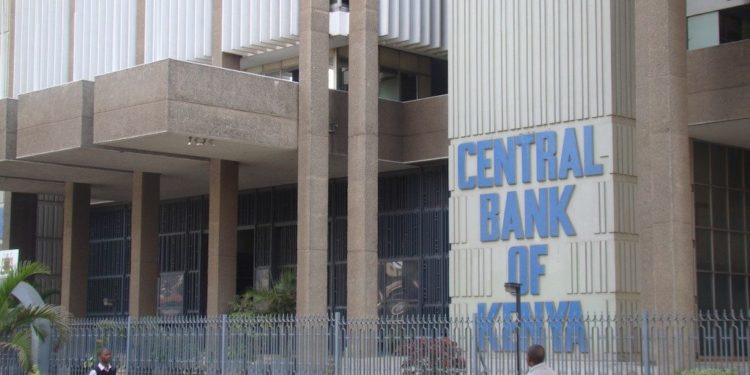The Central Bank of Kenya (CBK) may soon implement a transformative measure if the Central Bank (Amendment) Bill, 2023, proposed by Wajir West MP Yusuf Farah, gains approval from Members of Parliament. This groundbreaking legislation seeks to amend the Central Bank Act, Cap 491, thereby conferring authority upon the CBK to oversee and grant licenses to Islamic banks and financial institutions. The heart of this proposed Bill lies in the establishment of the Shariah Advisory Council of the Central Bank of Kenya, tasked with the crucial responsibility of formulating and meticulously monitoring the operations of Islamic banks and institutions. The underlying rationale behind this legislative initiative is to cater to the burgeoning demand for an effective regulatory framework, given the growing interest of international banks in offering Islamic financial products within the Kenyan financial market. By harnessing the vast potential of Islamic banking, this move endeavours to achieve uniformity in the application of Islamic banking principles, skillfully curated and supervised by a panel of seasoned experts.
Read more: CBK’s 2023 Economic Growth Outlook
In the event of the Bill’s passage, an amendment to section 35 of the CBK Act shall stipulate that the bank shall serve as a banker to all Islamic banks and institutions. The composition of the advisory council is poised to comprise the governor of the Central Bank, along with deputy governors, two members appointed by the governors from the institution’s staff, and four additional members, distinguished by their profound knowledge, expertise, and experience in finance, banking, and fiscal monetary policy matters.
Read more: Superior Homes Inks Shariah Compliant Mortgage Deal With Gulf African Bank
Furthermore, to ensure coherence and alignment with the principles of Shariah, the Treasury Principal Secretary, or an appointed representative, shall assume a non-voting membership role in the advisory council. MP Farah emphasizes that the absence of laws facilitating Islamic banking in harmony with Muslim rights is tantamount to discrimination. Accordingly, he asserts that any regulatory framework for Islamic banking must thoughtfully embrace and uphold Shariah principles in the realm of banking.
Read more:DIB Bank Kenya Opens a New Branch at Sarit Centre
The establishment of the Shariah Committee within the Advisory Council is envisaged to serve as a guiding beacon, providing valuable counsel to the Board and management, including the bank’s subsidiaries, thus ensuring unwavering adherence to Shariah principles by the CBK. As this visionary legislation continues to undergo scrutiny within the National Assembly Budget and Appropriations Committee, its potential ramifications for the future of Islamic banking in Kenya hold promise for a more inclusive and accommodative financial landscape.
Email your news TIPS to editor@thesharpdaily.com















